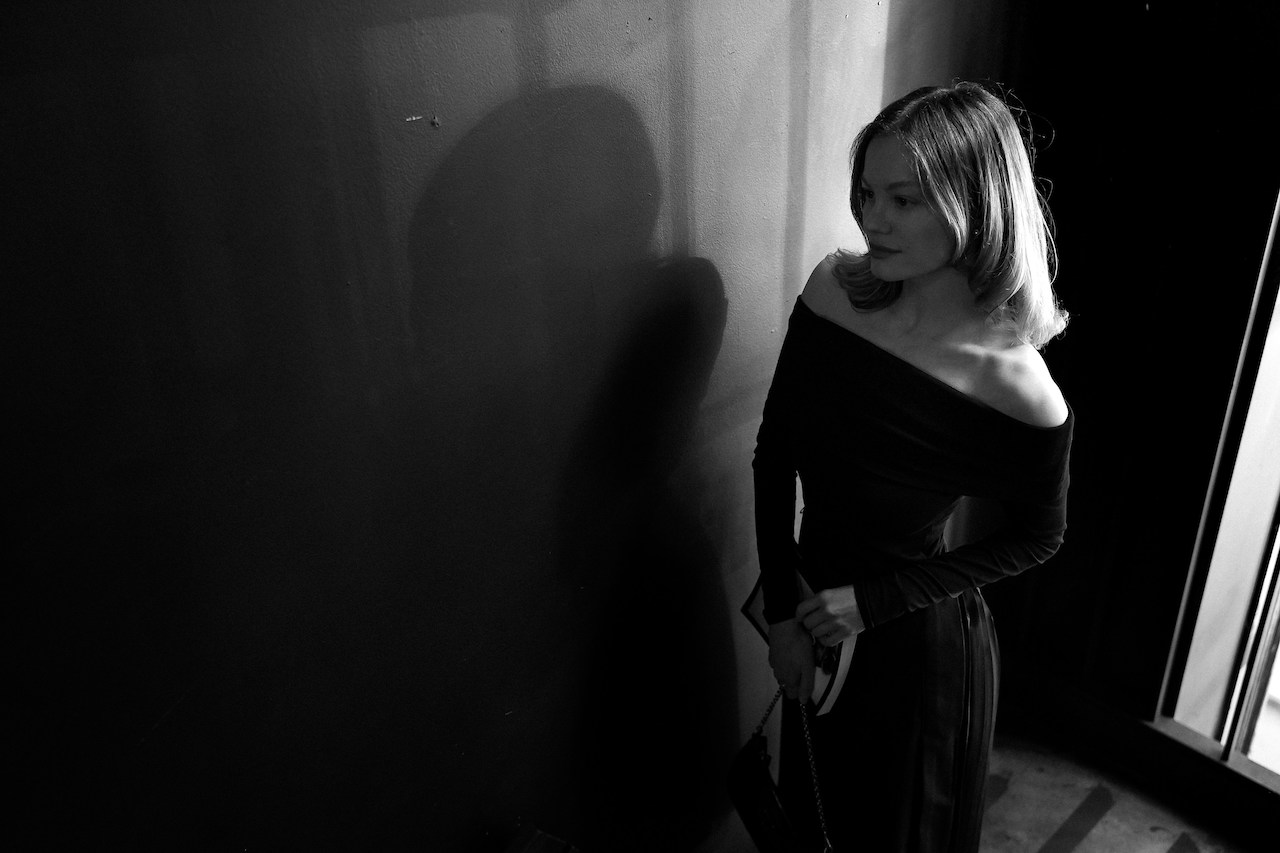by: Aidan Mc Namee
TV audiences are no stranger to the reunion special; casts have been reunited and rebooted for as long as we’ve been willing to watch. However, Community, The Office, and Parks and Recreation were just some of the shows that have recently opted for the Zoom reunion, featuring cast conversations, table reads of fan favourite episodes, or in the case of Parks and Rec an entirely new episode. More recently, big-budget productions from HBO Max have reunited the casts of Friends, Fresh Prince of Bel Air, and Harry Potter with all the glitz and glamour one might expect.
Revisiting old favourites serves as a comforting presence for many. It has the power to bring familiarity and warmth to viewers at any time, providing a certain sense of nostalgia and stability. Is it then possible that the ever-present doom of the pandemic has led audiences to seek comfort in familiarity more than ever, rather than acknowledging an increasingly bleak present and future? One Radio Times survey seems to suggest this could be the case after finding that two-thirds of Brits rewatched a series over lockdown.
From this, comes the reunion show. These specials live or die on their ability to evoke nostalgic familiarity through visiting iconic sets, looking back at fan favourite moments, and candid discussions of the show’s production. On one end of this spectrum is the Fresh Prince reunion taking place on set, focusing on a natural, free-flowing discussion between the cast of the trials and tribulations of the show. The alternative to this is The Inbetweeners’ reunion, packed with unnecessary filler and a cast that seems confused and disengaged with the format. Friends sits somewhere in the middle, as the impact of popular scene reenactments and emotional conversations is softened by host James Corden’s continued interjections and a host of unrelated celebrity guests. Reunions succeed when they manage to invoke the past, repackage it for the present and make the viewer feel like part of a greater whole, rather than provide a weak pastiche of what audiences once loved. Gimmicks, forced celebrity appearances, and a failure to capitalise on the chemistry of the cast leads to inevitable disappointment.
However, it would be na├»ve to assume that reunion shows are born out of altruistic motivations. After all, if audiences are still watching then why wouldn’t studios be enticed to extract some more value? HBO Max’s line-up is fortified with these older properties and, for lack of any well-received newer entries, exclusive reunion specials are bound to bring in the big money. From this perspective, the reunion isn’t a nostalgic journey, but the weak effort of production companies resting on their laurels, capitalising on previous successes to bolster their present-day lackluster line-ups.
Ultimately, the value of these reunion specials lies with the audience. What is hollow commercialism to one is a heart-warming, nostalgic journey to another. Either way, the reunion special seems likely to stick around for a while, so we may as well sit back and delve into the classics. Just please don’t let James Corden present them.┬¡┬¡┬¡┬¡┬¡


